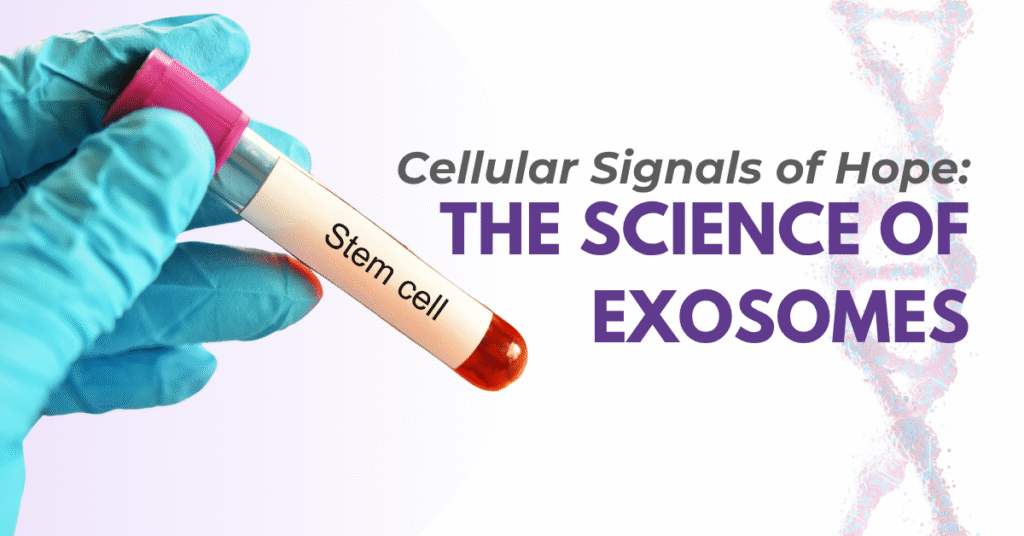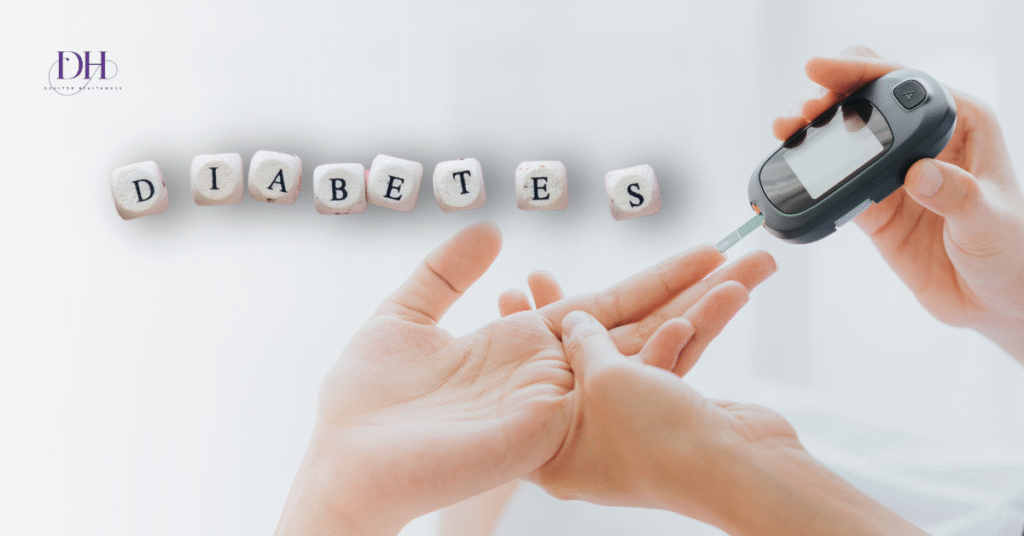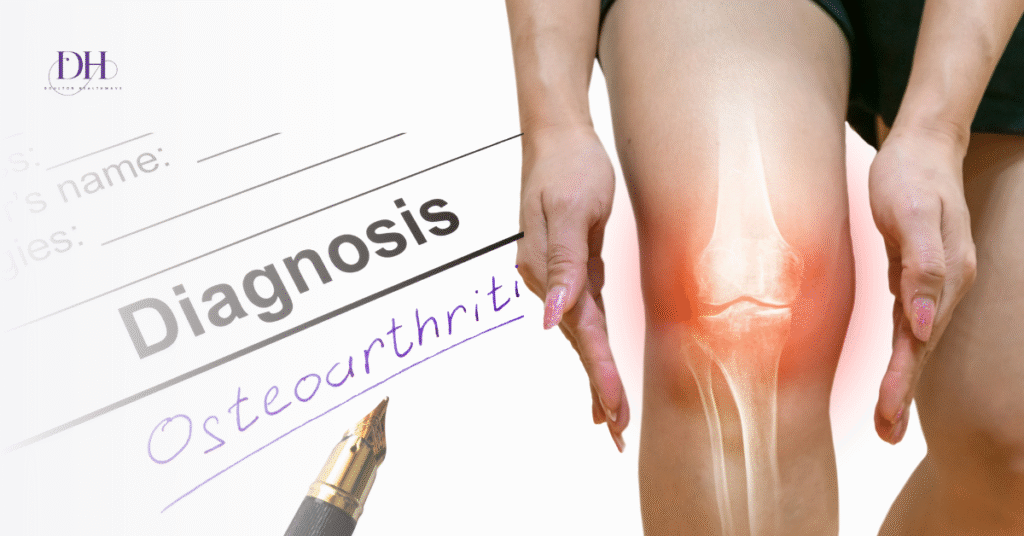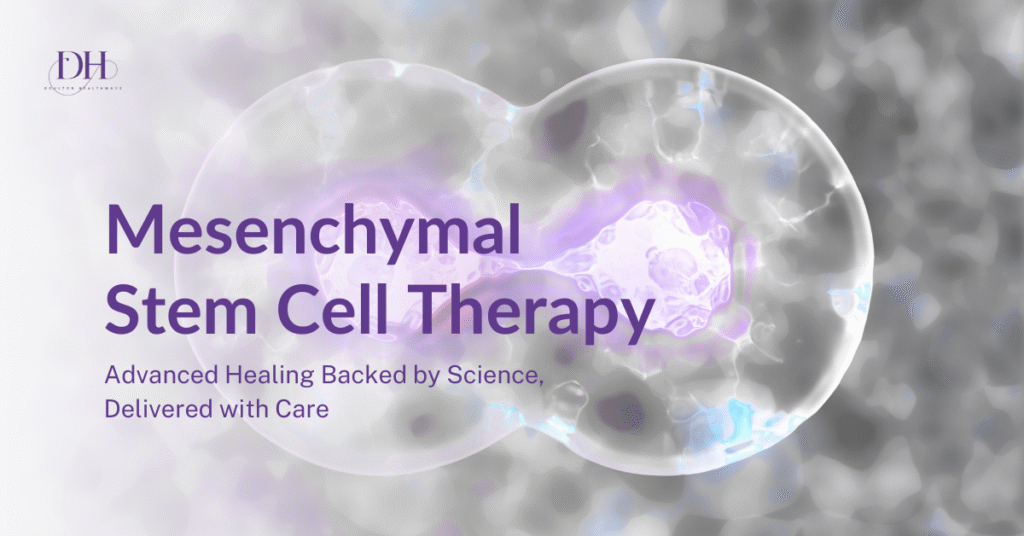Unlock Your Health Today with Cutting-Edge Stem Cell Therapy
Umbilical Cord Mesenchymal Stem Cell Therapy, derived from Wharton’s Jelly, is transforming how we manage chronic illnesses—from diabetes to joint pain, heart failure to neurodegenerative conditions. Backed by science and trusted worldwide, this revolutionary regenerative approach empowers the body to heal naturally, safely, and effectively.
What Is Umbilical Cord Stem Cell Therapy (UC-MSC) Therapy?
UC‑MSC Therapy is a regenerative treatment that uses mesenchymal stem cells (MSCs) extracted from Wharton’s Jelly—the soft, gelatinous tissue found inside the umbilical cord. These cells are biologically young, highly adaptable, and rich in healing molecules that support the body’s ability to repair itself.
Unlike traditional treatments that manage symptoms, UC‑MSC Therapy targets the root cause—cellular degeneration, chronic inflammation, and immune imbalance.
- Modulate inflammation and the immune system
- Encourage tissue regeneration via secreted factors
- Differentiate into key cell types (e.g., insulin-producing, nerve, cartilage)
What Makes These Cells So Powerful?
✅ Immunomodulation (Balancing Your Immune System)
UC‑MSCs help calm overactive immune responses in autoimmune conditions (like lupus or rheumatoid arthritis) and boost immune repair when needed, such as after organ damage or infection.
✅ Tissue Regeneration & Healing from Within
Rather than just replacing damaged tissue, UC‑MSCs release a “healing cocktail” of:
- Growth factors (e.g., VEGF, HGF)
- Cytokines (anti-inflammatory molecules)
- Exosomes (tiny messengers that reprogram sick cells)
This process jumpstarts the body’s own repair systems.
✅ Multi-Lineage Differentiation
UC‑MSCs can transform into different cell types, including:
- Insulin-producing beta cells (for diabetes)
- Chondrocytes (for joints and cartilage)
- Neurons and glial cells (for brain and spinal injury)
- Cardiomyocytes (for damaged heart tissue)
- This versatility allows UC‑MSC therapy to address multiple chronic diseases in one approach.
How Is the Therapy Administered?
Depending on the condition, UC‑MSC Therapy can be delivered via:
- Intravenous (IV) Infusion – for systemic issues like autoimmune disease, diabetes, and neurodegeneration
- Intrathecal Injection – directly into spinal fluid for brain or spinal conditions
- Intra-articular Injection – into joints for osteoarthritis
All procedures are non-surgical and performed in licensed medical centers under strict regulatory protocols.
Is UC‑MSC Therapy Safe and Ethical?
Yes. Unlike embryonic stem cells, UC‑MSCs are ethically sourced from donated umbilical cords after healthy births. No embryos are harmed, and no surgery is needed. In fact:
- Cells are screened, tested, and banked in GMP-compliant labs
- There’s minimal risk of rejection, thanks to their immune-privileged status
- Studies report low to no tumorigenicity (risk of forming unwanted growths)
Why Wharton’s Jelly?
Wharton’s Jelly, the gelatinous tissue found inside the umbilical cord, is considered one of the most potent and safestsources of mesenchymal stem cells (MSCs) for therapeutic use. Here’s why it’s the gold standard in regenerative therapy:
- Consistent, rich source – Wharton’s Jelly offers a nearly 100% success rate in extracting viable, healthy stem cells—far higher than umbilical cord blood (~6%) or adult sources like bone marrow.
- Immune‑Privileged for Donor-to-Patient Use – WJ‑MSCs express very low levels of MHC II, the immune marker that typically triggers rejection. This means UC‑MSCs from Wharton’s Jelly can be safely used across different patients (allogeneic), with minimal risk of immune response.
- Powerful Paracrine Activity – Wharton’s Jelly UC‑MSCs do more than become other cells—they secrete healing molecules like:
- VEGF: Promotes new blood vessel growth
- IL‑10 & TGF‑β: Reduce harmful inflammation
- Exosomes: Carry RNA, proteins, and enzymes that reprogram damaged cells. These effects help repair tissue without requiring the cells to physically integrate into organs.
- Young and Biologically “Fresh” Cells – UC‑MSCs are harvested at birth, making them biologically younger and more adaptable than adult stem cells. They have longer telomeres, higher proliferation rates, and superior healing potential compared to aged bone marrow or fat-derived MSCs.
- Non-Invasive, Painless Collection – Unlike bone marrow or adipose tissue MSCs, collecting Wharton’s Jelly poses zero risk to the donor and requires no surgery. Umbilical cords are voluntarily donated after birth—no ethical dilemmas, no pain.
- Enhanced Anti-Inflammatory Action – WJ‑MSCs have been shown to actively suppress chronic inflammation at the cellular level, helping treat conditions like arthritis, autoimmune disease, and neuroinflammation.
- Stronger Regenerative Ability – Compared to adult stem cells, WJ‑MSCs show faster tissue repair, better homing ability (ability to find damaged areas), and stronger stimulation of surrounding cells.
- Lower Risk of DNA Damage or Mutation – Because they are not exposed to years of environmental stress, WJ‑MSCs have fewer mutations, making them more stable for long-term regenerative use.
10 Life-Changing Conditions UC‑MSC Therapy May Help
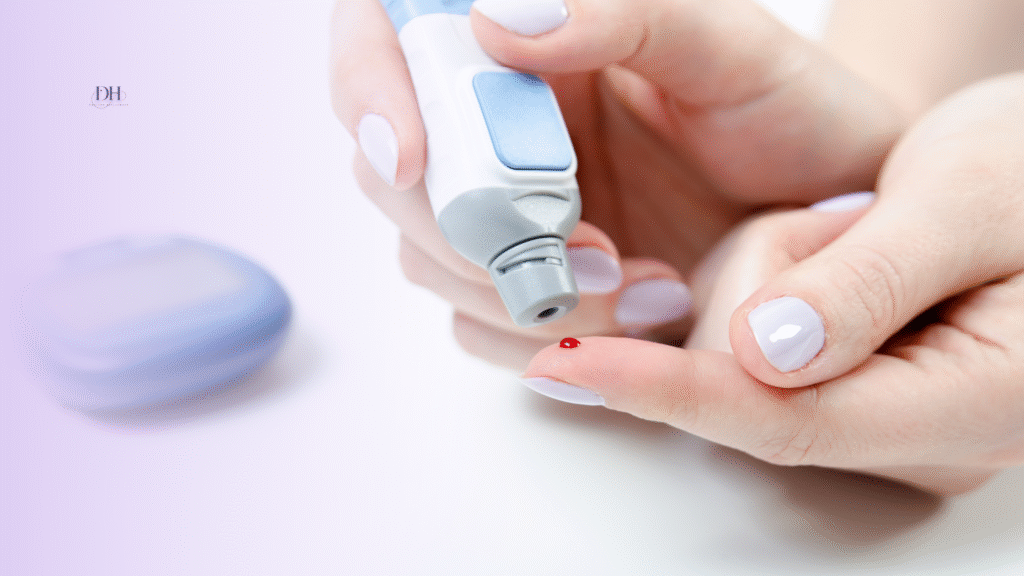
UC‑MSC infusions lower HbA1c, cut insulin use, and aid pancreatic recovery in both diabetes types.
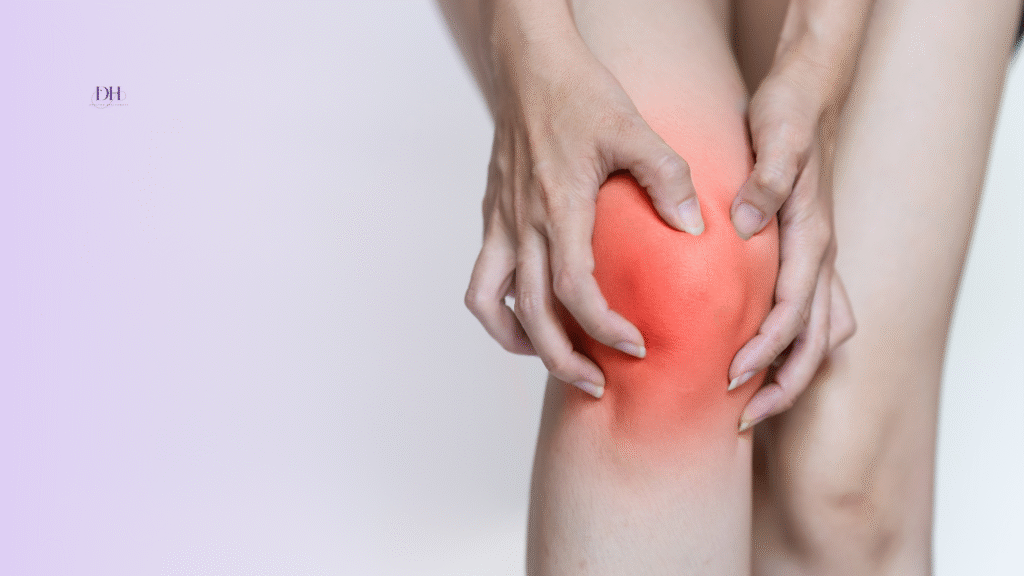
WJ‑MSC injections ease joint pain and restore cartilage, especially in knee and hip degeneration.

UC‑MSCs boost heart function and repair, improving life quality in heart failure patients.
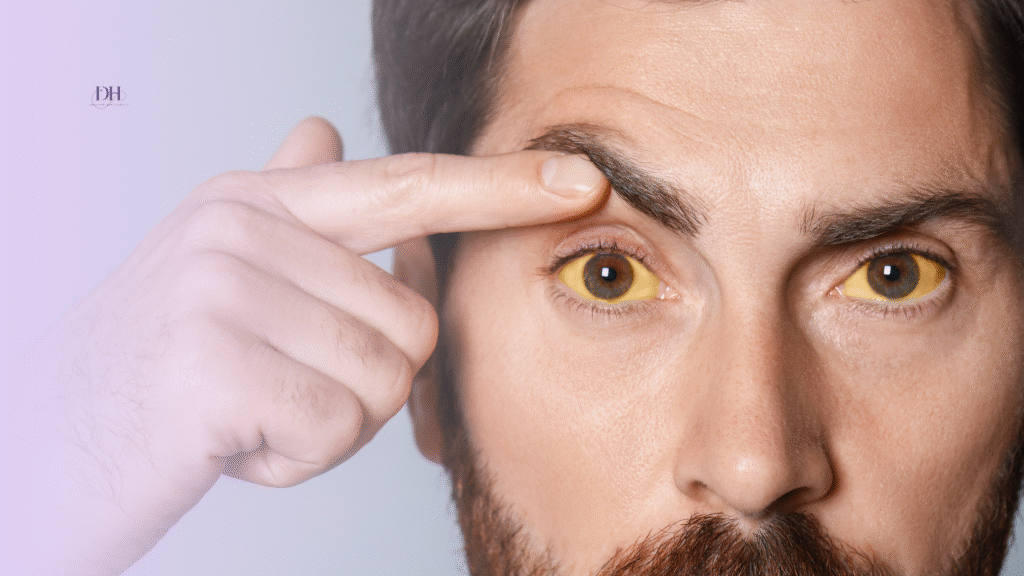
UC‑MSCs aid liver repair, lowering ALT/AST and improving elasticity in hepatitis and cirrhosis.
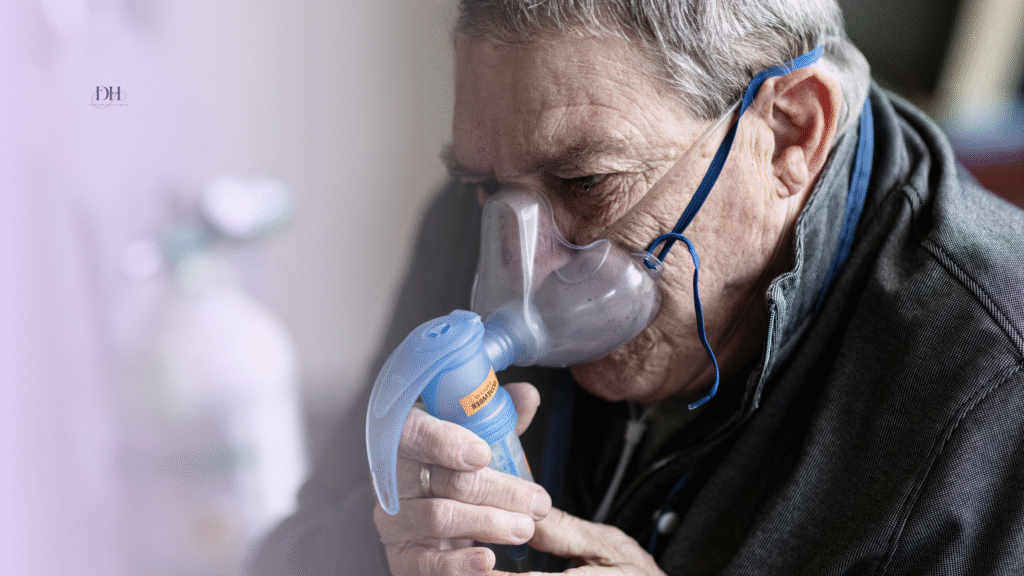
Stem cells ease lung inflammation and boost airflow, Korean studies show.
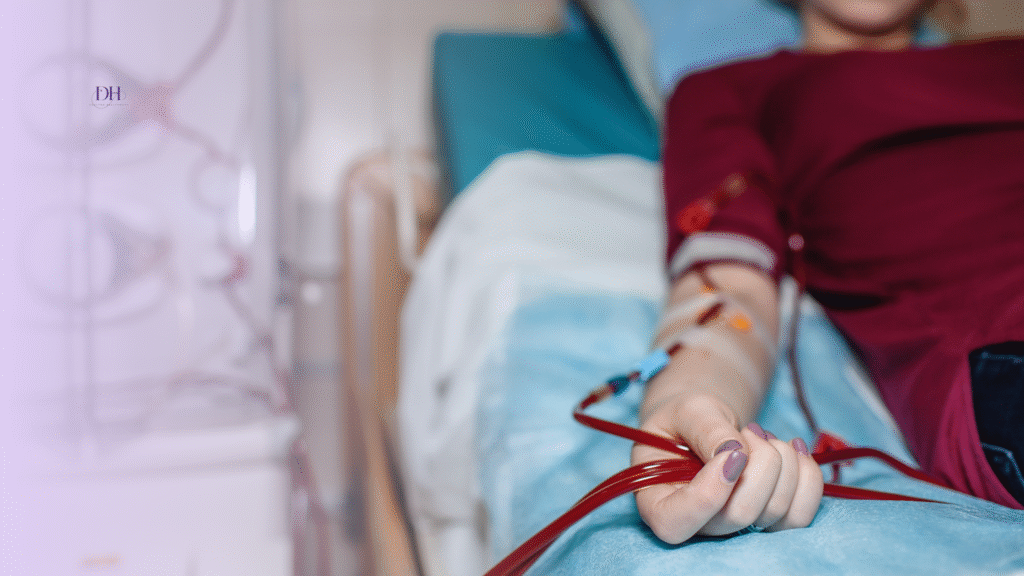
WJ‑MSC therapy may slow CKD by easing inflammation and boosting kidney function—offering hope before dialysis.

UC‑MSCs boost mobility, ease inflammation, and support brain health—also showing promise for gut issues like ulcerative colitis.
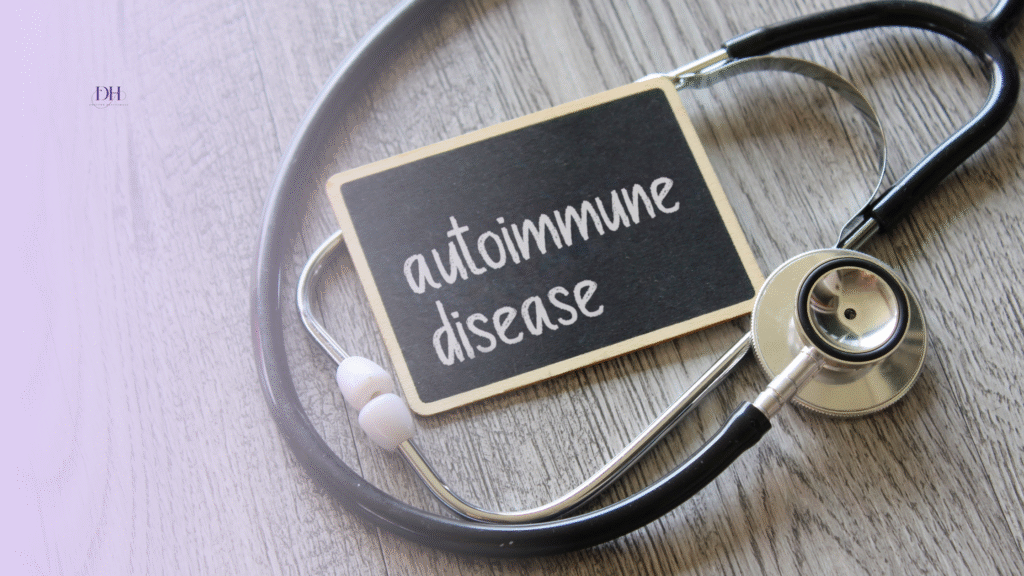
UC‑MSC therapy calms autoimmunity, boosts remission, and cuts long-term drug use.

Diabetic Foot Ulcers & Wound Healing
WJ‑MSC exosomes accelerate healing, tissue regrowth, and vascularization in chronic wounds.
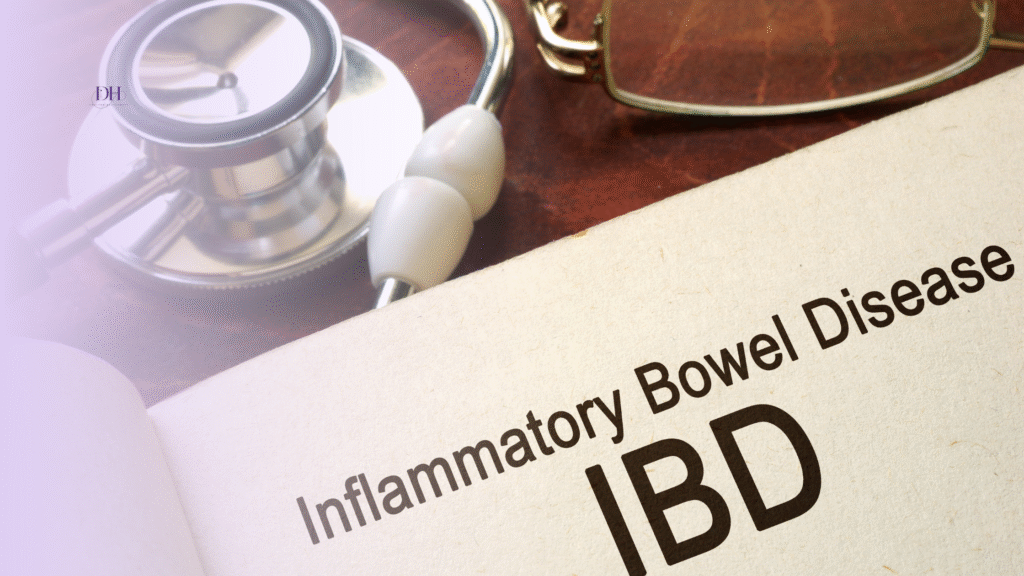
Inflammatory Bowel Disease (IBD)
Emerging trials show UC‑MSCs reduce gut inflammation and restore barrier function in Crohn’s and ulcerative colitis.
The Science Behind the Transformation
- Immune Regulation: WJ‑MSCs secrete IL‑10, TGF‑β and reduce harmful T-cell and dendritic activity—crucial in autoimmune and inflammatory illnesses JCN+8Frontiers+8Stem Cell Research+8.
- Angiogenesis & Repair: They release VEGF, angiogenin, HGF, lifting blood supply to damaged tissues, vital for heart and limb recovery Frontiers.
- Paracrine Healing: Even without integrating, their exosomes shuttle mRNA microRNA, remodeling tissue environment PMC+8Frontiers+8PMC+8.
- Low Side Effects: Across ~2,000 patients, severe issues were rare—fever, headache, or injection-site pain were the most common mild effects Innate Healthcare Institute.
Your Attractive Heading
- 36‑Month Diabetes Trial: 61 type‑2 diabetics; 58% had ≥50% insulin reduction vs control; lower diabetic retinopathy, neuropathy, nephropathy Spandidos Publications.
- Osteoarthritis Knee Study: Intra-articular UC‑MSC injections led to pain reduction and improved joint function in early trials ScienceDirect+1SAGE Journals+1.
- Heart Failure Studies: Intracoronary/IV WJ‑MSC infusions improved ejection fraction and functional status in trials from China PMC.
- COPD Recovery: Animal models showed significant lung improvements; clinical studies underway in South KoreaPMC.
Benefits Beyond Healing
UC‑MSC Therapy offers more than just treatment—it represents a safe, scalable, and ethically grounded breakthrough in regenerative medicine. Here’s why patients and physicians worldwide are embracing it:
- Off‑the‑Shelf Availability – Wharton’s Jelly UC‑MSCs can be banked and stored, allowing immediate therapy without the need for patient-donor matching. This enables faster intervention and consistent quality.
- Minimal Risk of Tumor Formation – Unlike embryonic stem cells, UC‑MSCs are multipotent, not pluripotent, which means they do not form tumors or teratomas. Their safety has been repeatedly affirmed in clinical trials.
- Safe Allogeneic Use (Donor-to-Patient) – Due to low MHC II expression, Wharton’s Jelly UC‑MSCs are immune-privileged, meaning they’re unlikely to trigger rejection. This allows treatment across populations with minimal risk.
- Ethical & Sustainable Sourcing – UC‑MSCs are collected from donated umbilical cords, a medical byproduct usually discarded after birth. No embryos are harmed, making it non-controversial and ethically approved worldwide.
FAQs
References & Further reading
- Kamal et al., 2020 – MSC immune and regenerative roles in diabetes Nature+14Frontiers+14Stem Cell Research+14ScienceDirect
- Hu et al., 2016 – 36‑month RCT, improved glycemic control in T2DM Spandidos Publications
- Marino et al., 2021 – Multifaceted uses in musculoskeletal repair PMC
- Cho et al., 2019 – COPD improvements, South Korea PMC
- Main et al., 2021 – Broad UC‑MSC orthopedic and regenerative impact PMC
- Hoang et al., 2022 – UC‑MSC in liver cirrhosis Nature
- Jasim et al., 2022 – MSC in autoimmune diseases Stem Cell Research
- Multi-phase UC‑MSC trials across diabetes ulcers, heart conditions, ALS, COVID‑19 Frontiers
Note: This article is for educational purposes and not medical advice. Please consult your doctor before starting any new treatment.

